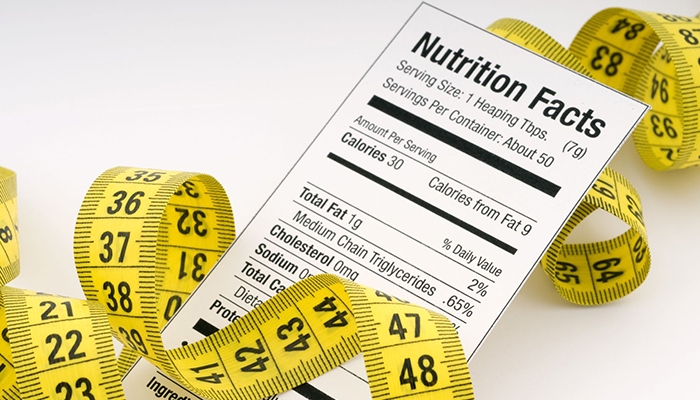
- How far is your office from home?
- 12 kilometers?
Just as kilometers is the unit of distance similarly Calories (Cal or kcal) is a unit of energy.
When we refer to calorific value of food, we are referring to the number of calories of energy provided by that food. With increasing need to lose and maintain body weight, people are getting conscious about their calorie intake.
But, is it really that simple? Do two different foods having similar calorific value give you exactly same energy?
Let me cite an example to explain the above point:
Consider that your office is located in a less populated outskirts of the city and therefore the road to office is less crowded; whereas the movie theatre is located in busy city center.
Would you take the same time and resources to reach both these places? If you take a cab ride, will the charges be same since the distance is same for both the destinations?
The answer is obviously NO. The same concept applies even for food calories. Two different food items with same calorific value may be charged differently by your body to process it, depending on its composition.
To understand this better let’s look at food calories in detail.
How much is 1 Kcal or 1000 calories?
The Calorie you see on a food package is actually a kilocalorie, or 1,000 calories. A Calorie (kcal) is the amount of energy needed to raise the temperature of 1 kilogram of water by 1 degree Celsius.
How do we determine calorific value of food?
The original method used to determine the number of kcals in a given food directly measured the energy it produced. The food was placed in a sealed container-an apparatus known as a bomb calorimeter surrounded by water. The food was completely burned and the resulting rise in water temperature was measured. This method is not frequently used today.Food Composition tables and apps usually calculate calorific value by nutrient composition of meal/food article. 1 g protein /carbohydrate gives approx. 4 kcal and 1 g fat contributes 9 kcal.
So, is the 400 kcal coming from 100 g carbs same as that coming from 100 g proteins?
No, the net effect of 400 kcal will vary depending on the source. Why and how- This info is important for you if you are trying to manage weight!
To process and utilize the nutrients, your body charges different nutrients differently (same as your cab charges differently on different routes for the same distance).
Amount of energy expenditure above the resting metabolic rate due to the cost of processing food for use and storage is called ‘Thermic Effect of Food’ (or Diet induced Thermogenesis).
Its magnitude depends on the composition of the food consumed:
- Carbohydrates: 5 to 15% of the energy consumed
- Protein: 20 to 35%
- Fats: at most 5 to 15 %
Without a doubt, protein is the macronutrient that induces the largest thermic effect of food response.
Does this mean effective calories coming from proteins are lowest?
Yes. Roughly 25% of the calories in pure protein will be burned after consumption due to the thermic effect of food. Fat and carbohydrates, on the other hand, each induce a burn of roughly 5% of the calories consumed due to the thermic effect of food. So, for example, if you consume 400 calories of pure protein you will burn 100 (or 25%) of those calories through the thermic effect of food. If you consume 400 calories of pure fat or pure carbohydrates, only 20 calories (or 5%) will be burned through the thermic effect of food.
Do Negative Calorie Foods exist, foods that take more energy to digest than they provide in calories?
It is theoretically possible to have a negative-calorie food but, there are no scientific studies to prove that certain foods have this effect. Low calorie foods that are high in dietary fiber like green leafy vegetables are often cited as negative calorie. This is not true, it’s a myth.
What are Empty Calorie foods?
Empty calories apply to food such as solid fats or added sugars supplying food energy but little or no other nutrition.
High intake of empty calorie foods leads to Hidden Hunger. This can be one of the reason for weight gain.
For a sustainable and healthy weight loss, focus on nutrient content and not calorie content of food as all calories are not equal.




How many KCal are reqd in 24 hrs to maintain same weight for a male.
Very Informative
Great content, easily understood!!
Great content, very good